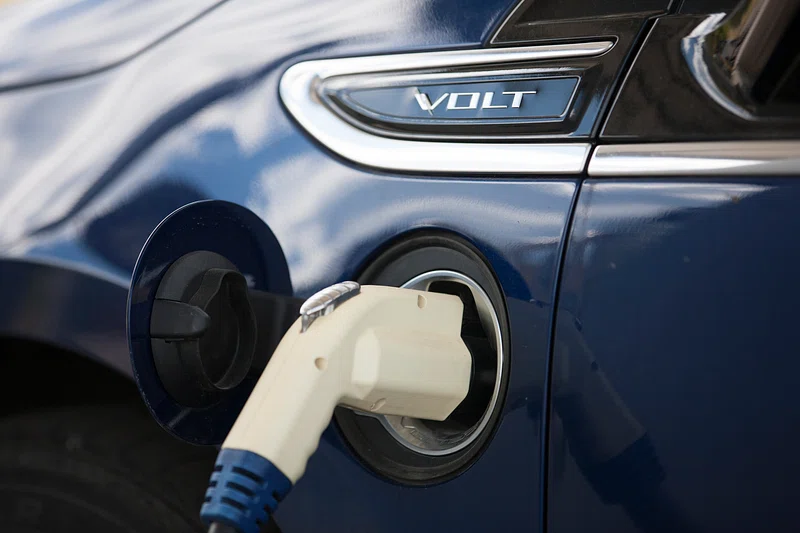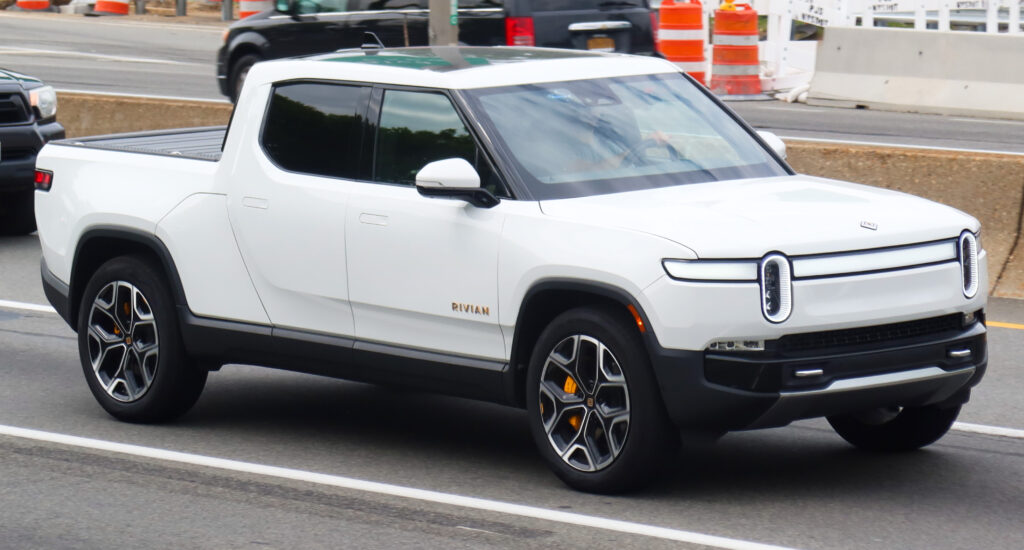
As the automotive landscape evolves, discussions often highlight the stark maintenance differences between electric vehicles (EVs) and traditional gas-powered cars. This distinction extends beyond the lack of gasoline engines in EVs, touching on various maintenance factors that clearly differentiate these vehicle types. Let’s explore these specifics to reveal why EVs might be the better choice.

1. **Fewer Moving Parts**: One of the most significant maintenance advantages of electric vehicles lies in their mechanical simplicity. With fewer moving parts than conventional gas vehicles, EVs have reduced chances of mechanical failure, leading to fewer repairs and a more hassle-free ownership experience over time.

2. **No Oil Changes Required**: For gas vehicle owners, frequent oil changes are a necessity. However, EVs eliminate this maintenance headache entirely. Without the need for engine oil, EV owners can cross this off their list of regular maintenance tasks, saving time and money.

3. **Reduced Brake Wear**: EVs often employ regenerative braking systems that not only reduce wear on the brake pads but also help to recharge the battery. This technology significantly extends the life of brake components compared to those in gas cars, where brakes wear out more quickly due to more frequent and heavier use.

4. **Simplified Fluid Checks**: Gas-powered vehicles typically require regular monitoring of multiple fluids, including engine oil and transmission fluid, whereas electric vehicles boast a streamlined maintenance routine. EVs predominantly focus on checking brake fluid and windshield washer fluid, with occasional coolant checks for certain battery systems, making upkeep far less daunting.

5. **Battery Longevity**: The cutting-edge batteries found in electric vehicles are engineered to endure for the lifespan of the car, presenting a significant maintenance advantage. Many EVs come with impressive warranties of up to 8 years or 100,000 miles, giving potential buyers confidence regarding battery performance and longevity.

6. **Over-the-Air Software Updates**: One of the most futuristic features of EVs is the ability to receive software updates remotely. This feature ensures that the vehicle’s systems are consistently optimized without the need for a visit to the service center. It is a stark contrast to traditional vehicles, which require physical software updates when issues arise.

7. **Lower Overall Maintenance Costs**: Evidence shows that owning an electric vehicle can be more economical over time. According to Kelley Blue Book, the five-year maintenance cost for electric cars averages around $4,246, compared to about $4,583 for gas vehicles. These savings stem from fewer parts needing replacement and less frequent maintenance service.

8. **Longer Intervals Between Service Visits**: Due to their simpler designs and reduced maintenance needs, EVs can go longer between service visits. Traditional gas vehicles often require check-ups every few thousand miles, while EV drivers can enjoy longer intervals, further reducing the cost and time spent on maintenance.

9. **Optimized Tire Wear**: Electric vehicles often face higher demands on their tires due to the weight of the battery packs and instant torque delivery. This results in specialized tire designs that can handle the extra weight and provide better traction. The focus is on producing tires that not only last longer but also contribute to a quieter ride, thanks to reduced road noise.

10. **Advanced Battery Management Systems**: As the battery is the core of an electric vehicle, manufacturers are consistently enhancing battery management systems. These innovations are crucial for monitoring battery health, optimizing charging cycles, and extending battery life, allowing EV owners to enjoy their vehicles without worrying about premature degradation.

11. **Thermal Management in EVs**: As electric cars become more powerful, managing heat generated from the battery and motors is critical. Advanced thermal management systems are now integral, ensuring that batteries remain within optimal temperature ranges. This not only extends battery life but also enhances vehicle performance, especially in varying climate conditions.

12. **Predictive Maintenance through AI**: The rise of artificial intelligence in electric vehicles is transforming how maintenance is approached. Predictive maintenance systems can analyze real-time data from various sensors to foresee potential issues, leading to proactive solutions that minimize downtime and prevent unexpected repairs.

13. **Enhanced Charging Infrastructure**: As EV adoption grows, so does the need for accessible and efficient charging solutions. Innovations in charging infrastructure include faster charging stations and wireless charging technology. These advancements aim to make recharging EVs as seamless as refueling a traditional car, further reducing any perceived inconvenience of owning an electric vehicle.

14. **Integration with Smart Grids**: Electric vehicles are now being viewed as part of a larger energy ecosystem. Innovations allow EVs to communicate with smart grids, optimizing energy use and even returning power to the grid when needed. This integration not only supports sustainable energy practices but also provides additional benefits to EV owners, like cost savings during peak energy demand times.

15. **Sustainability in Parts and Recycling**: With the growing popularity of electric vehicles, automakers are increasingly prioritizing sustainability in their production processes. This includes utilizing eco-friendly materials for vehicle assembly and implementing strong recycling programs for batteries, which work together to lessen the environmental impact of EVs throughout their lifespan.

16. **Safety Innovations in EVs**: Electric vehicles benefit from a naturally lower center of gravity due to battery placement, enhancing stability, but they also feature ongoing safety innovations. These include advanced collision detection systems and robust battery protection measures that not only meet but often exceed existing safety standards, ensuring peace of mind for drivers.

The evolution of maintenance practices for electric vehicles highlights the rapid technological advancements within the automotive industry. As these innovations continue to develop, the advantages of EVs over gas vehicles become increasingly apparent, offering compelling reasons for consumers to make the switch. Choosing electric vehicles represents not just a different mode of transportation, but a commitment to a sustainable and forward-thinking lifestyle.
Related posts:
Teslas and other EVs don’t need as much maintenance as gas-powered cars. Here are key differences in upkeep and repairs.
Electric Cars vs. Gas Cars: Everything You Need to Know





